Strategizing as a Collection of Communities: Inclusive Policy Development that Embraces the Diasporic Journey
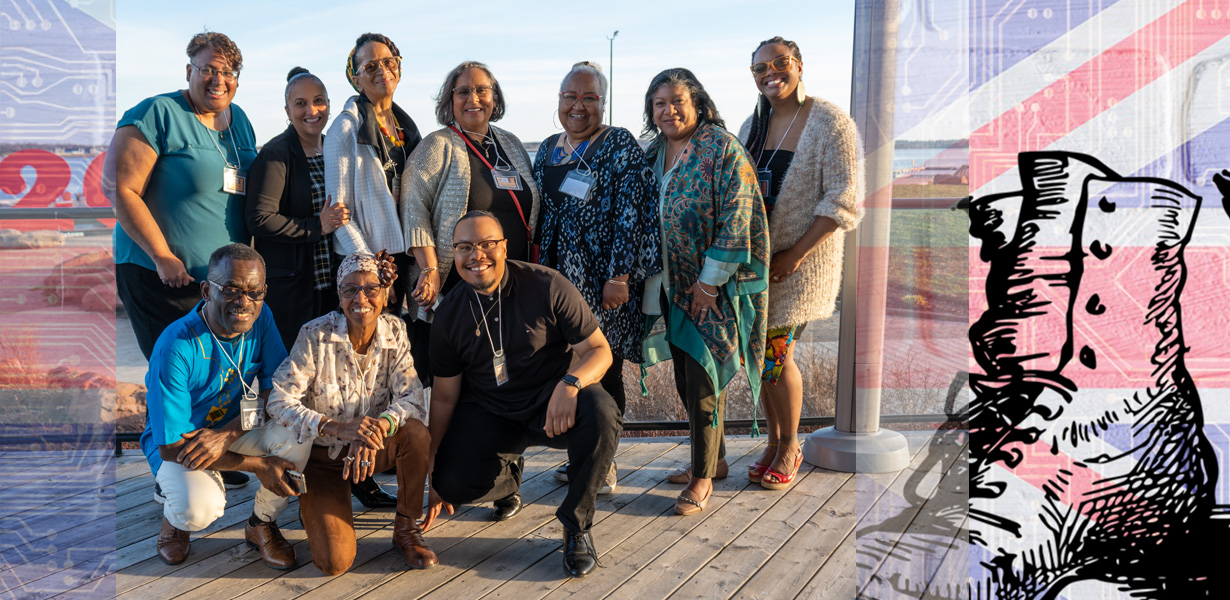
Presented By:
Kjeld Mizpah (KJ) Conyers-Steede, Fellow, Inspiring Communities
When you look at Black lives within Canada, the evolution of the relationship on these lands has always been one of division. Since 1604, the Black diaspora within the region has not been able to explore what it means to have collective prosperity.
In the last article, I stated, “Our challenges surrounding defining power and exercising control, especially within the Commonwealth context, showcase what happens when societies evolve ahead of their governance systems.” As I travel throughout Atlantic Canada, I see firsthand how this governance culture has divided a region with similar lived experiences into one that competes instead of collaborates. Our colonial place has created a system that hinders our ability to strategize as a collection.
A common theme throughout this fellowship is exploring how the ‘colonial bugs’ within our systems showcase themselves. As we live in a country that has been colonized, the residual effects of colonization will emerge in all governance systems. The “Colonial bug” (a term derived from my experience) describes the glitches in power structures. Similarly to other Commonwealth (& Westminster System Democracy) countries, the barriers to true inclusive policies stem from the historical design to control diverse communities.
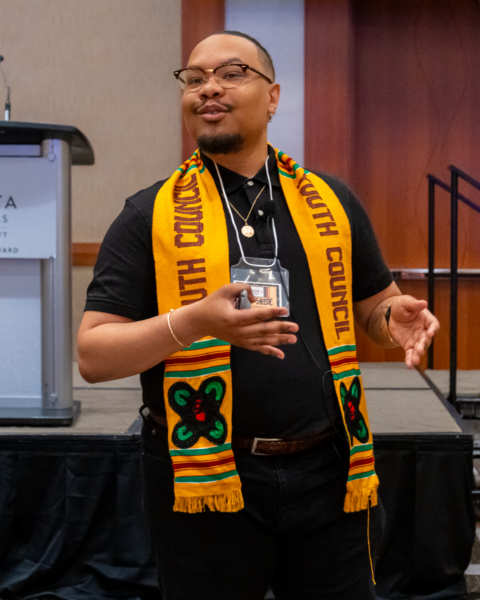
As we live in a country that has been colonized, the residual effects of colonization will emerge in all governance systems. The “Colonial bug” (a term derived from my experience) describes the glitches in power structures.
These barriers in the modern context hinder collaboration, but the idea of strategizing as a collection of communities has been introduced previously. As our society navigates our complex challenges, it is critical we understand the needs of fellow communities. Our system bugs within the policy development structure reflect our inability to normalize two concepts important to innovation: a “collection of communities” and strategizing through understanding skill sets.
When I started this journey, I stated I had a north star. As I explore this topic, I have started to look at the future of policy development through the lens of a star constellation. If economic development is the goal, then power, control, and trust are the barriers and enablers we must explore when looking for a transformational change in inclusive governance. For our governance systems to evolve, we must explore the importance of understanding what is truly needed to spark collaboration among diverse communities. To test this theory, I think the Atlantic Black Policy Conference (ABPC) has the opportunity to showcase what it means to strategize as a collection of communities.
My involvement with the ABPC started when I began to explore African proverbs to deepen my quest for community. As a Black Queer man, navigating communities within my intersectionality can be difficult. This intersectional difficulty disconnects individuals from their communities, resulting in isolation and mistrust.
When navigating governance cultures within Black communities, it is very easy to see how we divide ourselves based on colonial frameworks used in the historical geopolitical evolution of countries. Colourism, classism, homophobia, and xenophobia normalize ‘othering’ within the community. If we look at the collection of communities concept, our colonial bugs have caused individuals to feel “community without” (An ideation of Chantal Hervieux PhD). When you don’t have a community system navigating the world of systemic barriers, the African proverb “The child who is not embraced by the village will burn it down to feel its warmth” becomes a reality.
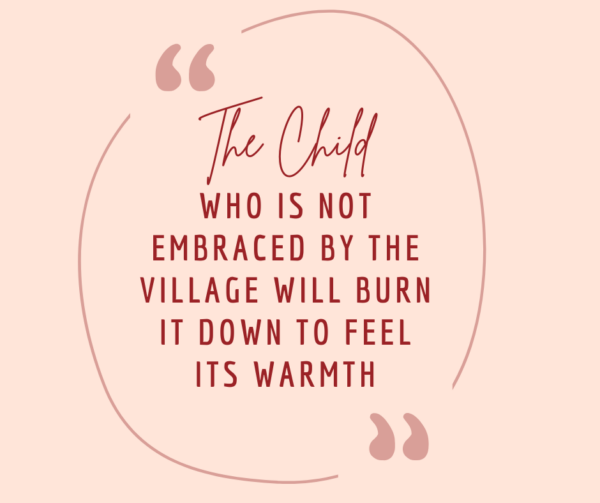
When you look at Black lives within Canada, the evolution of the relationship on these lands has always been one of division. Since 1604, the Black diaspora within the region has not been able to explore what it means to have collective prosperity. The ABPC is trying to build a framework that brings together the Black diaspora to explore, ideate, and develop approaches that encourage collective prosperity.
As the conference focuses on bringing community champions together, it is designed to build advocacy and policy development capacity that embraces communities’ diversity and lived experiences. This conference aims to understand what is happening throughout the region, what is working, and how the collective “we” can develop a network of community innovators.
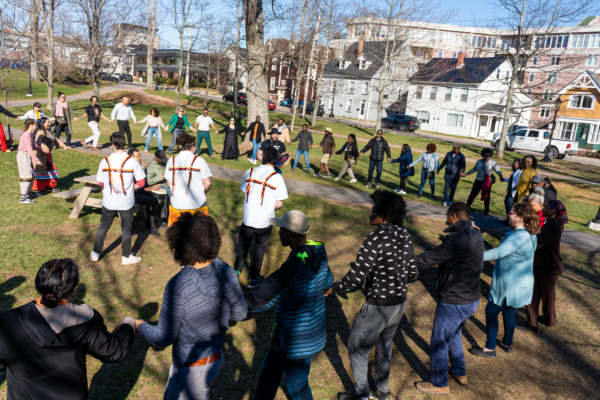
Why should we empower the ‘community innovators’?
Public policy, at its root, is a series of complex strategies that have decision-makers viewing their actions through an unconscious or conscious bias lens. It has been outlined that these biases can be optimistic, negative, or seeking a group thinking approach to policymaking. It is easy to allow these biases to govern our approaches to collaboration. However, creating the space to check these biases helps foster true innovation within a system. Community champions operate in silos, with champions moving the needle but at the risk of limiting a collective movement. The silos exist because of the politicization of activism; since the rise of the Black Lives Matter movement, our communities have had to navigate an era of performative wokeness and a diaspora that lacks empathy. Within the context of public policy, community innovators are thus separated, which expands the opportunity gap. Looking at the collective, we must embrace our diversity and shared kinship to build a collaborative community. As the ABPC grows, it has the potential to build an ecosystem that works to challenge the change process and encourages conversations surrounding complex issues.
The ABPC presents an opportunity to develop a toolkit that might empower community innovators to view their community as a collective and use the innovator network’s resources to solve problems and strategize as a collection. When looking at the complex system of Black policy development, understanding what the community needs and how its goals can be achieved by empowering the community innovator is the conception of the ABPC. As our communities grow, there needs to be a framework that allows the diaspora to seek an understanding of each community’s barriers to impact government implementation and political evaluation of Black policy.
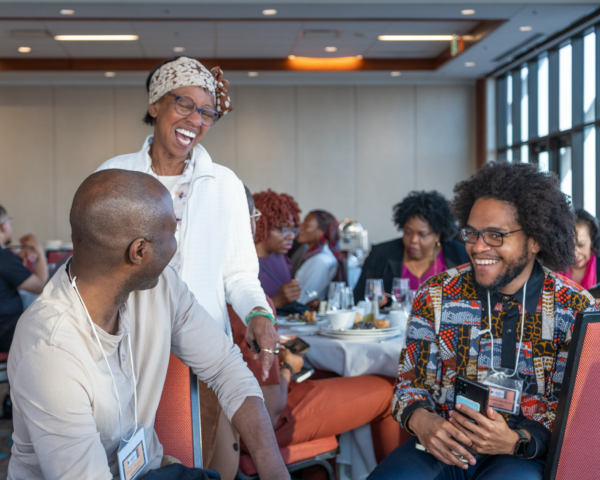
Reflection
Throughout this fellowship, I have sought an understanding of colonial bugs within our policy ecosystem. We strive to make a big change, but having an approach that encourages micro-change on a larger scale is critical to building trust and buy-in. Our approach to system change can be small. It needs to embrace the individuals working in systems by understanding the informal innovator and supporting them with tools to be successful.
Returning to the above African proverb, my aha moment surrounding economic development within Atlantic Canada came to me when I stood on the grounds of the historic Black community of ‘The Bog’. I looked at the 75 conference participants and saw a collection of communities represented as we stood in a circle, learning and seeking to understand the lived experience of a community. Seeing immigrants, Indigenous communities, and Black Canadians from across the region ground themselves in the lived experience of a community has led me to believe that true governance culture change happens when you normalize co-creation within the agenda-setting process.
Strategizing as a collection of communities allows a diaspora or a region to understand its strengths and weaknesses, especially those around developing a policy agenda that helps shift a movement. When we focus on developing a community innovation ecosystem, we allow the movement to build its capacity to leverage potential resources. The Black activism movement within Atlantic Canada is unique because of the colonial bugs within its system. However, the movement is a testament to the power and resilience of the Black communities within Atlantic Canada. But as the landscape of Black advocacy evolves to combat the shifting dynamics of inequity, envisioning a governance system that empowers, showcases, and supports opportunities within social innovation is critical to transformational change within Atlantic Canada.
See also:
Who has power? Who exercises control? Who needs to build trust?
Share this:
Comments are closed